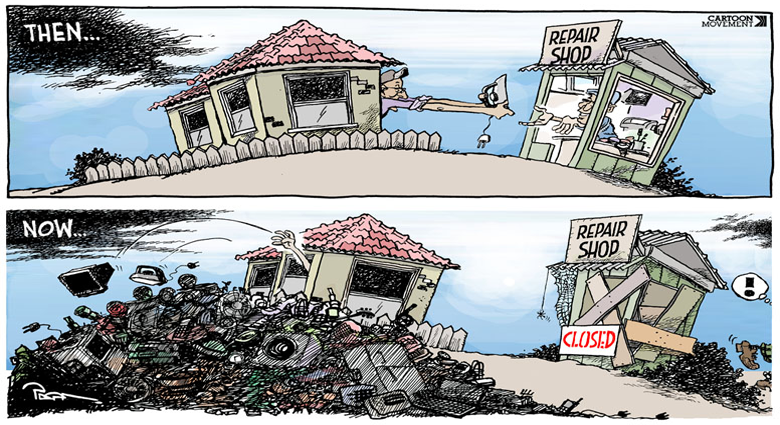The digital economy has forever changed the nature of business. Successful companies must now be adept at differentiating their products and corporate reputation with a technology backbone, but one area that is under-utilized is the role of technology in employee engagement.
Many companies still have a tendency to look at themselves in isolation, in their own silo. Sometimes those silos even exist within a company. Great companies demonstrate an ability to break molds and find innovation by taking ideas from other industries, and using technology to improve employee engagement with customers, thus accelerating observations into innovations that improve their company.
For a company to innovate, increased employee engagement is required - Mark Aboud (@SAPNorthAmerica)
Employee engagement goes beyond talent. Most staff know ‘their’ job, but fully engaged employees take pride in the overall success of the company, and can be a powerful driver of internal and product innovation.
Apple studied the hospitality industry to build and staff better Apple stores. James Dyson studied jet propulsion to create safer and more powerful fans and implemented a no questions asked warranty policy. Google’s founding mandate was Internet search, but how many products and spin-offs have been developed by allowing Google staff to spend up to 20% of their time on their own personal projects?
For a company to innovate, increased employee engagement is required. Employees generate a company’s reputation one interaction at a time: through questions, concerns, and follow-up. What they do and how they do it will directly affect customers’ attitudes of your company. Your employees are best placed to ask “What if…” and translate that into “Wow.”
Who we hire and how we deploy them can be as important as the products or services we sell. Engaged employees notice things, and are best placed to report those issues up the operations chain, as long as managers allow their reporting systems to break down internal silos. Technology helps engaged employees input crucial information throughout the company.
The Ritz-Carlton, which prides itself on customer service, uses technology to input every employee’s interactions and observations with customers. From room preferences to conference management, quick and effective response to customer concerns is supplemented by a technological backbone of information sharing. Ritz-Carlton employees help each other understand the unique demands of each customer, even at multiple physical locations.
Technologically assisted employees can unleash the full innovative potential of their company. Honest feedback is crucial to the long-term success of a company. Any company that expects to last must continually adjust to business cycles, customer trends, and adjust their offerings to meet the changed world.
Amazon once sold books; Apple mainly sold computers. In 20 years, both companies have evolved extensively, and are now competitors in a number of products that didn’t exist at their founding, including e-books, tablet computers, and cloud computing. Like better-run companies, they observed and carefully noted how customers used their products, listened to suggested changes, then strengthened what worked and minimized what didn’t.
Would either company have been as successful if their employees had not been as passionate about improving their company’s products?
At SAP, employee engagement was and remains fundamental to developing SAP’s in-memory database – SAP HANA. Our development teams created and continue to improve and expand SAP HANA using the principles of design thinking. All logic and components of the technology have been originated – and only been originated – from customers’ needs and desires, and these needs and desires continue to shape the evolution of the technology. This innovative nature of SAP HANA fundamentally changes the landscape moving forward. Developers, partners, customers and competitors can now use HANA to better collaborate, customize, and build their own unique analytical and transactional applications. We are just learning where such a new philosophy with regard to engaging employees in creating productions can take SAP.
Technologically assisted employees unleash the full innovative potential of their company - Mark Aboud
Increasingly, the differentiation between products and services, inventory and bandwidth continues to blur business models. Downloading movies, music and books threaten physical stores that specialized in same. Successfully deployed technology allows companies to build a very clear understanding of customers and to monitor trend changes in real time.
Future business success will rely on learning what each customer needs and wants, whether sharing cars, co-owning corporate jets, downloading movies, or even high-end women’s clothing services. Technology helps employees see customers in unique ways, allowing a customized response, and in the process detecting collective trends.
Every company needs to continually reexamine its systems, and allow developers, partners and customers to continually collaborate, customize, and build on their product.
True business success is built behind engaged employees supported by the right technology. Innovative companies understand that the transactional nature of business today demands exceptional staff adept at understanding and addressing customer concerns, with processes in place to ensure the next great idea is detected and implemented.




.png)



What Did You Think?